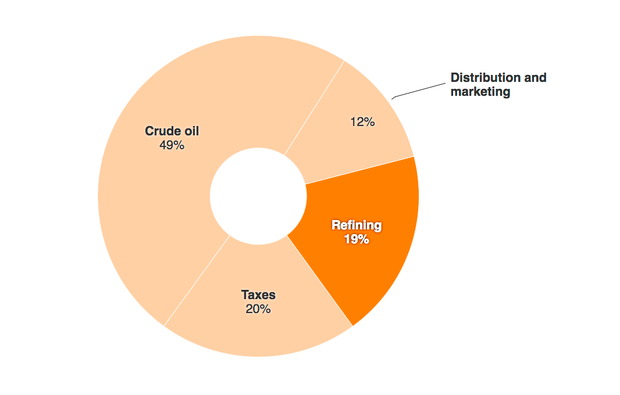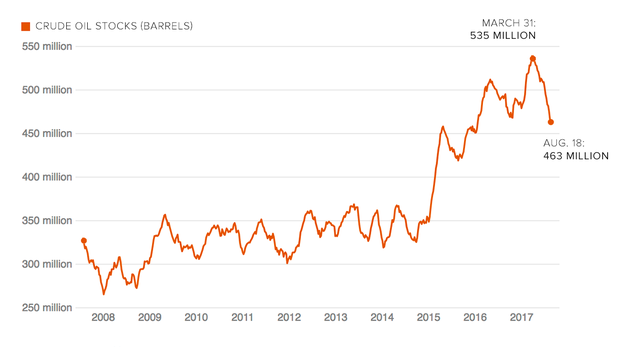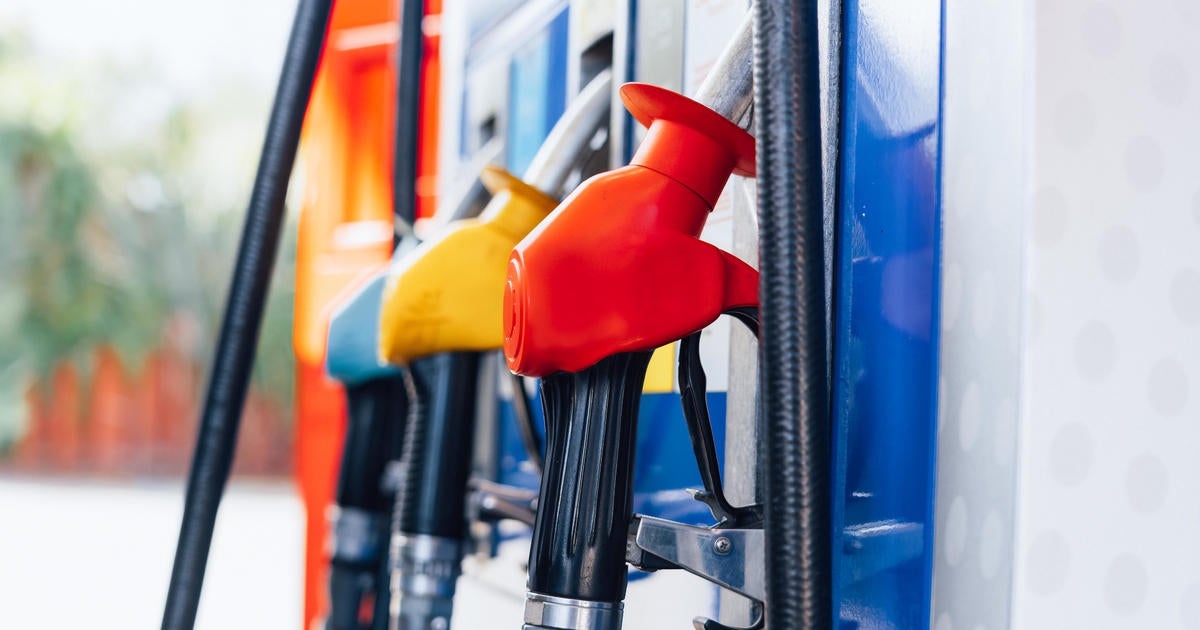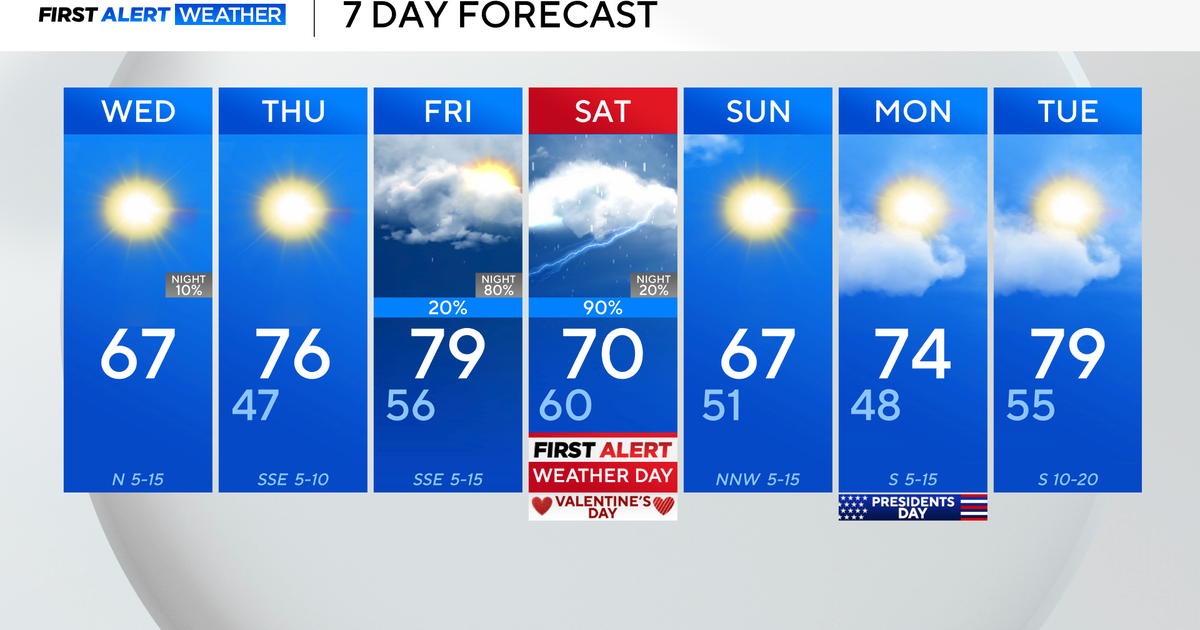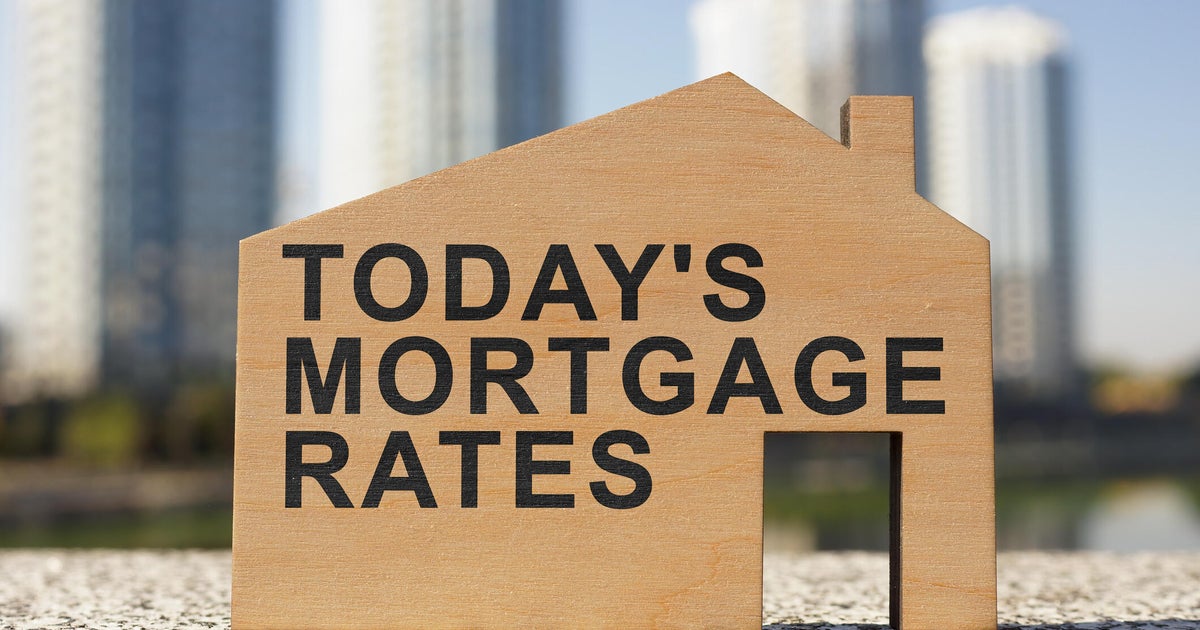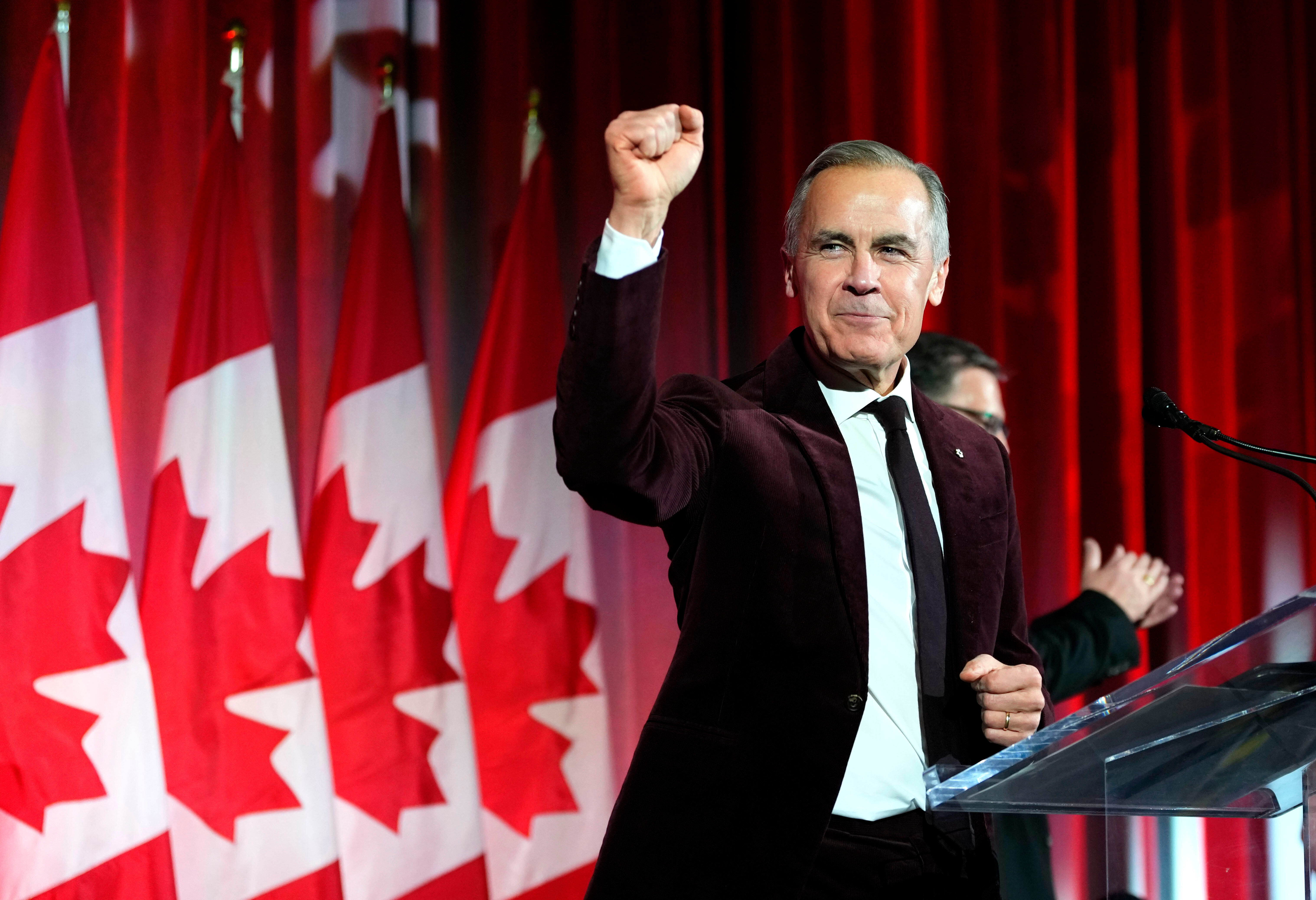How Hurricane Harvey is affecting gas prices
As Hurricane Harvey continues to pound the Gulf Coast as a tropical storm, drivers across the U.S. are bracing for the impact on their wallets.
Gasoline costs already edging up following the most destructive storm since Hurricane Sandy in 2012 -- and analysts said prices at the pump are likely to rise between 5 cents and 15 cents nationwide in the weeks ahead.
The national average price for a gallon of gas rose to $2.37 on Tuesday, according to AAA. That's a 4-cent increase from the previous week, and the most gas has cost since June 2. Indiana, Ohio, Florida and Michigan saw the largest week-over-week price jumps.
One reason for that increase is that Harvey is disrupting fuel supplies. Many oil refineries in Corpus Christi, Texas, and Galveston, Texas, closed Friday ahead of the storm and remained shut through Monday. That has lowered the country's refining capacity by 3 million gallons a day, or about one-sixth of the total, said Denton Cinquegrana, chief oil analyst at Oil Price Information Service.
"It's still really early to tell what this is going to mean for long-term supply," he said. "If some of these refineries are flooded, it's going to take weeks to get the water out of there and then get into damage assessment."
Where your gas dollar goes
Even though the high winds and seawater surge from the storm have abated, the rain is expected to keep falling in the Houston area until at least Thursday, with some areas getting up to 50 inches of rain. That also puts refineries at risk.
"As the amount of rain continues to add up, there's more and more risk that there could be water damage, especially to storage facilities and underground pipelines," said Patrick DeHaan, senior petroleum analyst at GasBuddy.
DeHaan predicted that the storm would add about 15 cents per gallon to the cost of oil; Cinquegrana put the increase at 5 to 10 cents. By comparison, Hurricanes Katrina and Rita, which struck Louisiana and Texas in 2005, caused a 40 cent jump in gas prices.
Another factor cushioning the blow somewhat is that the country's production of gas is near a 10-year peak, with oil stocks last week reaching 463 million barrels.
U.S. crude oil supply
If the crunch continues, consumers can expect to see unbranded gas stations -- those that don't carry the name of a petroleum company, like Exxon or Shell -- to run out first, Cinquegrana said. Those distribution channels are cut off first if there is a gas shortage; because of that, they also tend to be the first to increase their prices slightly.
But not all areas of the country will feel the costs equally.
The Midwest, in particular, is likely to see prices jump by about 25 cents a gallon later in the week, DeHaan said. In Missouri and Illinois, average gas prices from Monday to Tuesday rose by 7 and 9 cents, respectively. That stems from what is known as price cycling, where competing gas stations gradually lower their prices and then reset them mid-week.
"Harvey has pushed that price cycling to occur sooner than it usually does," he said.
Spots in the Northeast are also seeing trouble, OPIS said. Valero, a major oil refiner based in San Antonio, Texas, shut off shipments of unbranded petroleum to about 20 terminals in the northeast, OPIS reported, causing prices at some stations to jump 7 or 8 cents. (Valero did not immediately respond to a request for comment.)
The Houston area itself might not see a long-term increase in gas prices, putting aside examples of isolated stations hiking prices in the storm's aftermath. That's because the extreme flooding is expected to deter driving over the coming weeks. Once the water recedes, the municipal repair and reconstruction necessary for residents to start driving again can take months -- far longer that it will likely take for the oil refineries to come back online.
"Storms like this tend to have much longer implications for [gasoline] demand than supply," Cinquegrana said.
